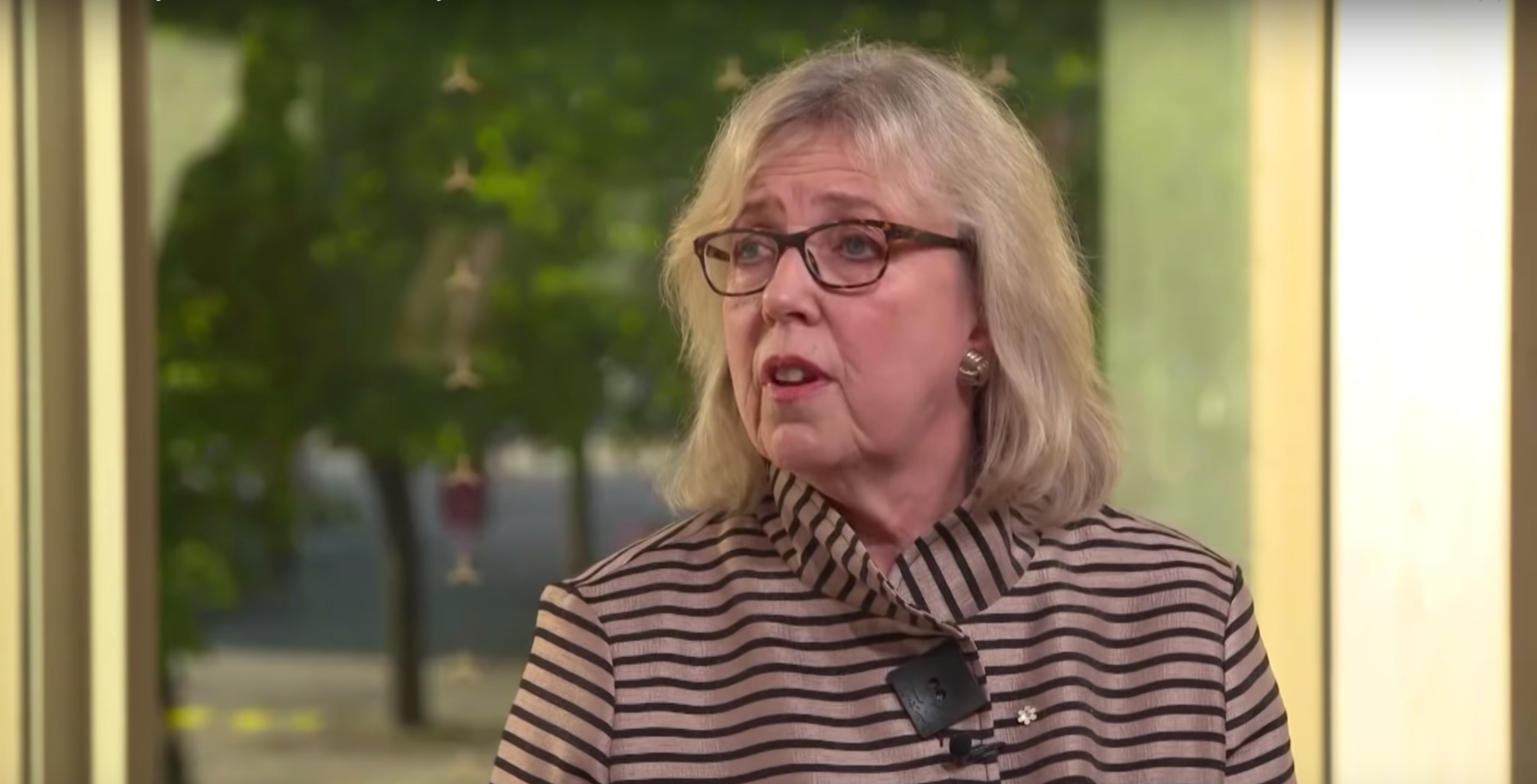
The Green Party of Canada wants to regulate social media platforms to only allow certain people to publish on those platforms.
According to the party’s 2019 platform document, the party says that it wants to regulate Facebook, Twitter and other platforms so that “only actual people, with verifiable identities, are able to publish on those platforms.”
The party did not elaborate on what this would look like during a press conference in Toronto while revealing the platform.
The point was referenced under several other ways the party intends to protect privacy.
“A Green government will also curtail the surveillance powers of security agencies and prohibit the surreptitious reach of corporations,” the platform reads.
It later adds that it would change the law that requires Canada’s security agencies, the Communications Security Establishment and CSIS to “get a warrant before intruding on Canadians’ communications.”
Leader Elizabeth May’s platform also includes increasing the powers of the Privacy Commissioner to prohibit the routine surveillance of Canadians and “require companies to grant access to all information they hold on an individual, and to delete personal information from company databases when requested by that person.”
The platform also adds that all political parties should “follow the Privacy Act, without exceptions,” and require that “internet service providers may only release data when required to do so by warrant, except in emergency situations.”
May did not elaborate on any of these points.
The issue of privacy and regulating digital platforms has been top of mind for the other federal parties this past year.
In December 2018, Bill C-76 received royal assent and included some provisions to regulate digital platforms ahead of the election. Despite not being able to expand on that before the House of Commons rose in May, Liberal Democratic Institutions Minister Karina Gould told MobileSyrup that she feels current legislation will protect Canada from disinformation during the election.
Innovation, Science and Economic Minister Navdeep Bains announced the Digital Charter, a 10 point principled plan that would guide policymakers on future legislation of digital platforms.
The Digital Charter, however, did not have any concrete forms of regulation.
Conservative Party and NDP members have both suggested better rules should be enacted. The three parties have also had parliamentarians from other countries to host the International Grand Committee on disinformation to better understand how to regulate digital platforms.
It is worth adding that consumer advocacy group OpenMedia recently released a report that said that Canada’s political parties don’t meet voters’ privacy expectations.
The review was conducted using the privacy policies of the parties as of July 2nd following the June 30th deadline for all parties to comply with Bill C-76.
According to the report, all parties only got partial credit on various aspects relating to how a person’s information was used, shared and collected.
The vote to elect Canada’s next prime minister will be on October 21st and there are several telecom and tech policies that parties will hopefully be looking at.
More recently, NDP Leader Jagmeet Singh announced how he would reduce cellphone and internet costs through price caps. He did not elaborate on what those price caps would look like.
Source: Green Party of Canada


